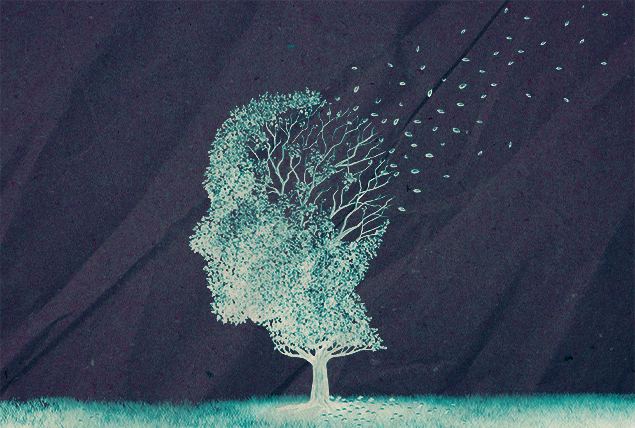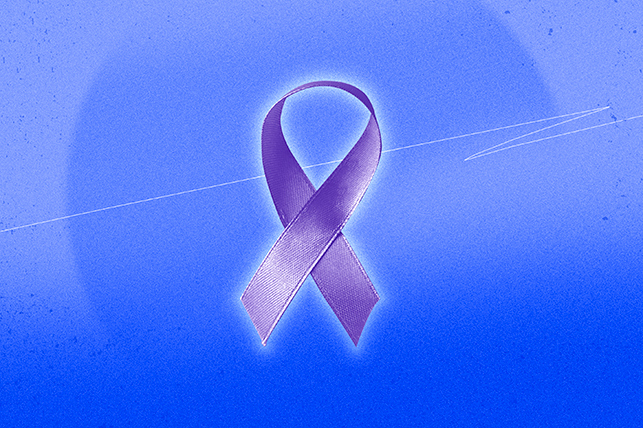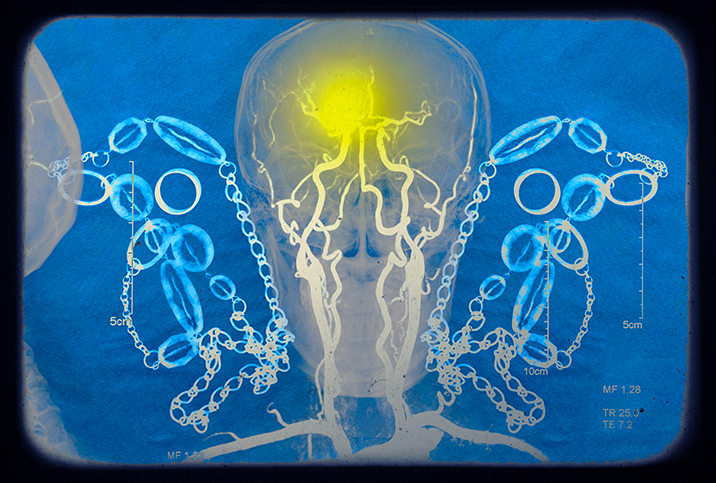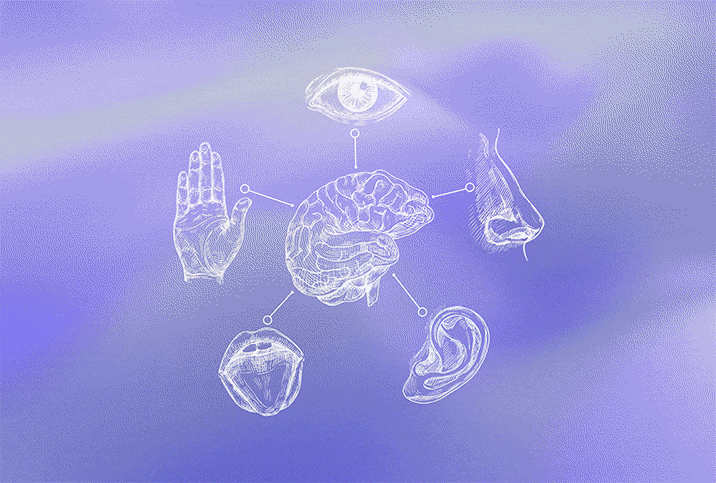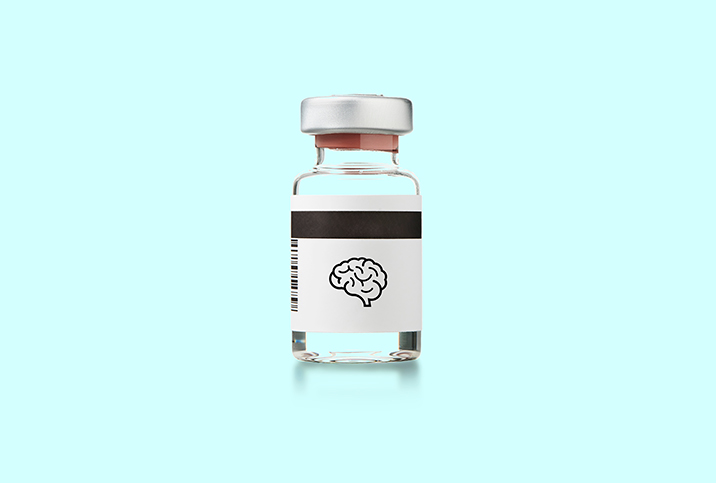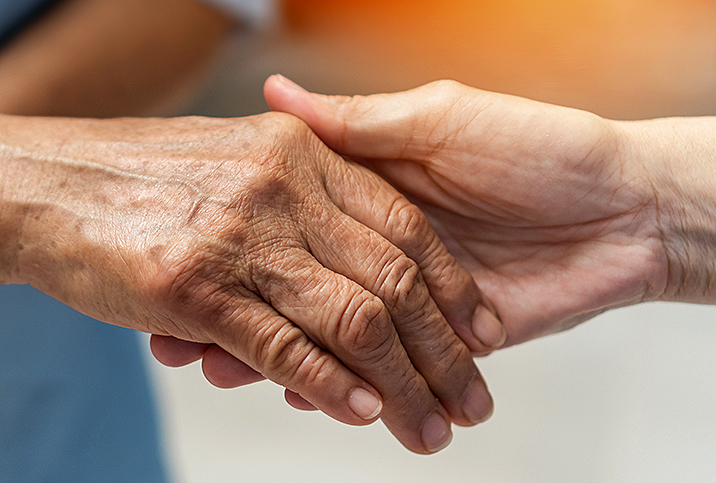Starting estrogen replacement when menopause symptoms begin could help protect women's brains.
By Kate Daniel
The risk factors for both are mostly influenced by an individual's age and obesity.
Caregivers and family members can defuse dementia-related behaviors by being kind and gentle.
By Candice Neo
Here are some aftercare and therapy options, as well as useful resources for caregivers.
By Candice Neo
Learn how to anticipate the needs of someone with dementia, through the early to severe stages.
By Candice Neo
You should be aware of the causes, signs and misconceptions, as well as other forms of dementia.
By Candice Neo
Check for symptoms as an early diagnosis can benefit your general and sexual health.
By Candice Neo
It's rare, it's very serious—affecting your memory, mood and movement—and it's inherited.
Lifestyle changes and healthy habits in midlife can decrease your risk of developing dementia.
Your senses may create memories for a lifetime or for a fraction of a second.
By David Hopper
Your loved one may not be as cognitively present, but they still know what they want.
Exercise doesn't just do your muscles good, it can also improve your cognitive function.
We can all be forgetful, but some simple habits, and a new perspective, can ease the burden.
Only time and more trials will tell us if the controversial decision was the right one.
By Kate Daniel
Coping with the bad news can be difficult—staying positive and being proactive is key.
The popular diet trend requires a major tweak to truly be healthy.
Whether you're into astrology or not, the numbers don't lie.
Aging means some inevitable memory issues, but you can decelerate the process.
Alzheimer's disease is becoming more prevalent, but you can slow its development.
There are ways to adapt and thrive in a relationship impacted by Alzheimer’s disease.










